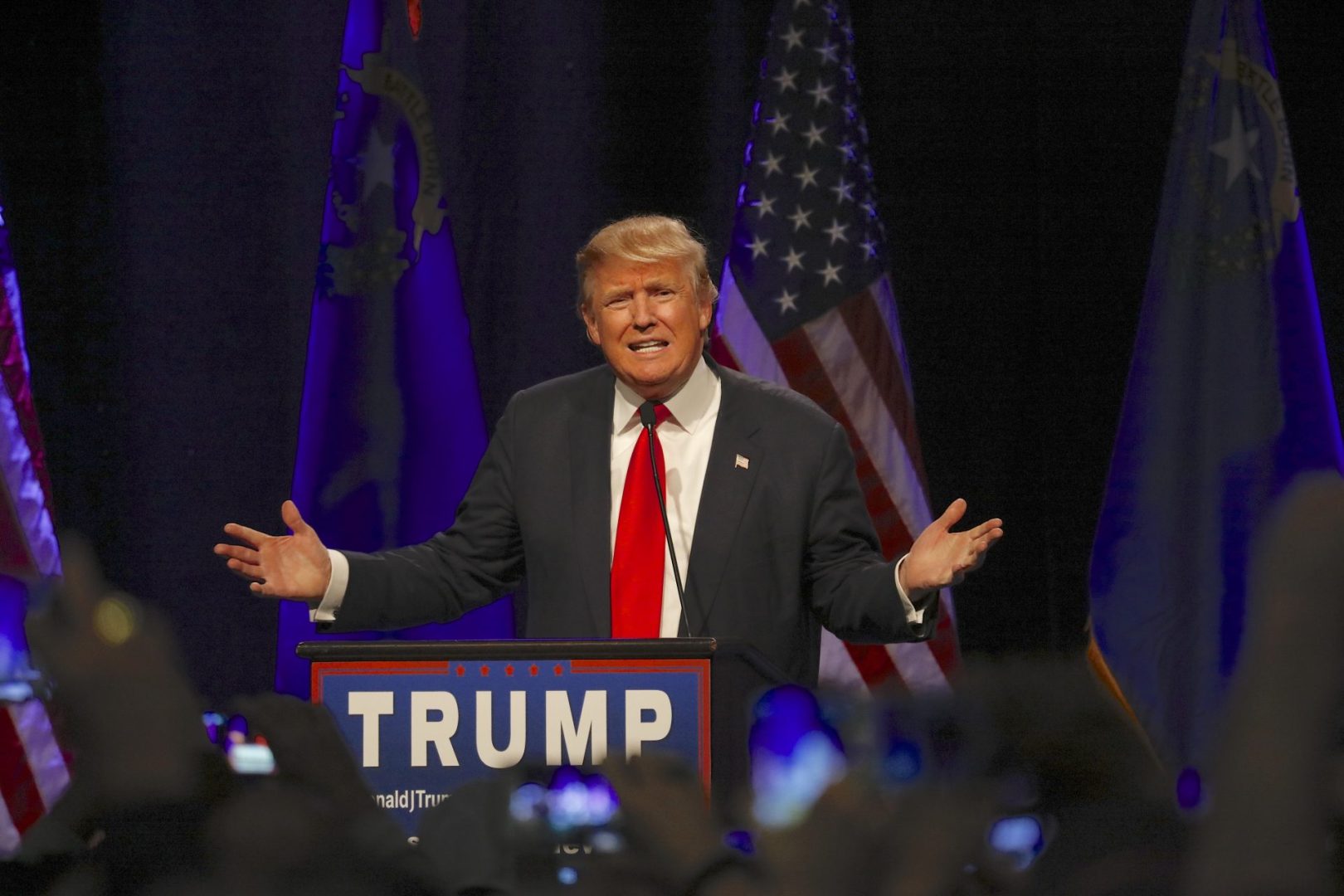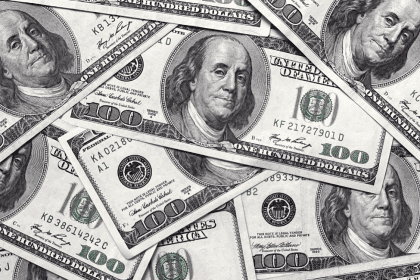Key developments
Former President Donald Trump has emerged as an unexpected advocate for TikTok‘s continued operation in the United States, marking a significant shift in the complex narrative surrounding the social media platform’s future. Through a legal filing to the Supreme Court, Trump has positioned himself as a potential mediator in the ongoing dispute between the popular video-sharing app and federal regulators.
National security debate takes center stage
The controversy stems from mounting concerns about TikTok’s Chinese ownership and its potential implications for American data security. ByteDance, TikTok’s parent company, faces a January 19, 2024, deadline to divest its U.S. operations or risk a nationwide ban. This ultimatum emerges from legislation incorporated into a broader foreign aid package, reflecting heightened scrutiny of foreign-controlled applications.
The platform’s massive user base of over 170 million Americans has transformed it from a mere entertainment app into a critical digital infrastructure, raising the stakes of any potential disruption. Small business owners, content creators, and advertisers have integrated TikTok into their commercial strategies, making the platform’s potential ban a matter of economic significance.
Legal landscape shifts
The legal battle has intensified following a federal appeals court’s rejection of TikTok’s request for an emergency stay on the sale deadline. This development has accelerated the urgency of finding a resolution before the imposed deadline threatens to disconnect millions of users from their established digital communities.
John Sauer, Trump’s nominee for solicitor general, has submitted an amicus brief to the Supreme Court, arguing for a delay in the implementation of the divestiture deadline. The filing emphasizes Trump’s self-proclaimed expertise in negotiating complex international business arrangements and suggests his potential role in crafting a solution that addresses both security concerns and user interests.
Political dynamics evolve
The current situation represents a remarkable evolution in Trump’s stance toward TikTok. During his presidency, Trump attempted to force a sale of TikTok’s U.S. operations through executive orders, citing similar national security concerns. His current position, advocating for the platform’s preservation, reflects a strategic shift in his approach to social media regulation and Chinese technology companies.
The Biden administration maintains a firm stance on the necessity of addressing potential national security risks posed by foreign-owned applications. The Protecting Americans from Foreign Adversary Controlled Applications Act, signed by President Biden, establishes a clear framework for addressing these concerns while attempting to balance national security interests with free market principles.
Economic implications surface
The potential ban has sparked discussions about its broader economic impact. TikTok has become a significant player in the digital advertising marketplace, with numerous businesses building their marketing strategies around the platform. A forced sale or potential ban could disrupt these established business models and affect the livelihoods of content creators who have built substantial followings on the platform.
The platform’s influence extends beyond entertainment, serving as a vital marketing channel for businesses of all sizes. Many entrepreneurs have leveraged TikTok’s algorithm and engagement mechanics to build successful brands, making the platform’s potential disruption a matter of economic concern for thousands of American businesses.
Global precedent emerges
The U.S. approach to TikTok has attracted international attention, potentially setting precedents for how democratic nations manage applications controlled by foreign entities. Other countries are closely monitoring the situation, considering similar measures to address their own national security concerns while balancing user rights and market freedoms.
Future implications unfold
As the January 10 Supreme Court hearing approaches, stakeholders across the political and business spectrum are preparing for various outcomes. The Court’s decision could establish significant precedents for how the United States balances national security concerns with digital rights and market access in an increasingly interconnected global economy.
The situation highlights evolving challenges in regulating international technology platforms while maintaining open digital markets. The outcome of this dispute could influence future policies regarding foreign-owned applications and set standards for addressing similar situations in the rapidly evolving digital landscape.
Path forward remains uncertain
The resolution of this complex situation requires careful consideration of multiple competing interests. National security experts emphasize the importance of protecting American data, while digital rights advocates stress the need to preserve open internet access and protect user communities.
As the deadline approaches, the technology industry watches closely, recognizing that the outcome could shape future regulations and international business practices in the digital sector. The Supreme Court’s decision will likely influence not only TikTok’s fate but also the broader framework for managing international technology platforms in an era of increasing digital sovereignty concerns.















